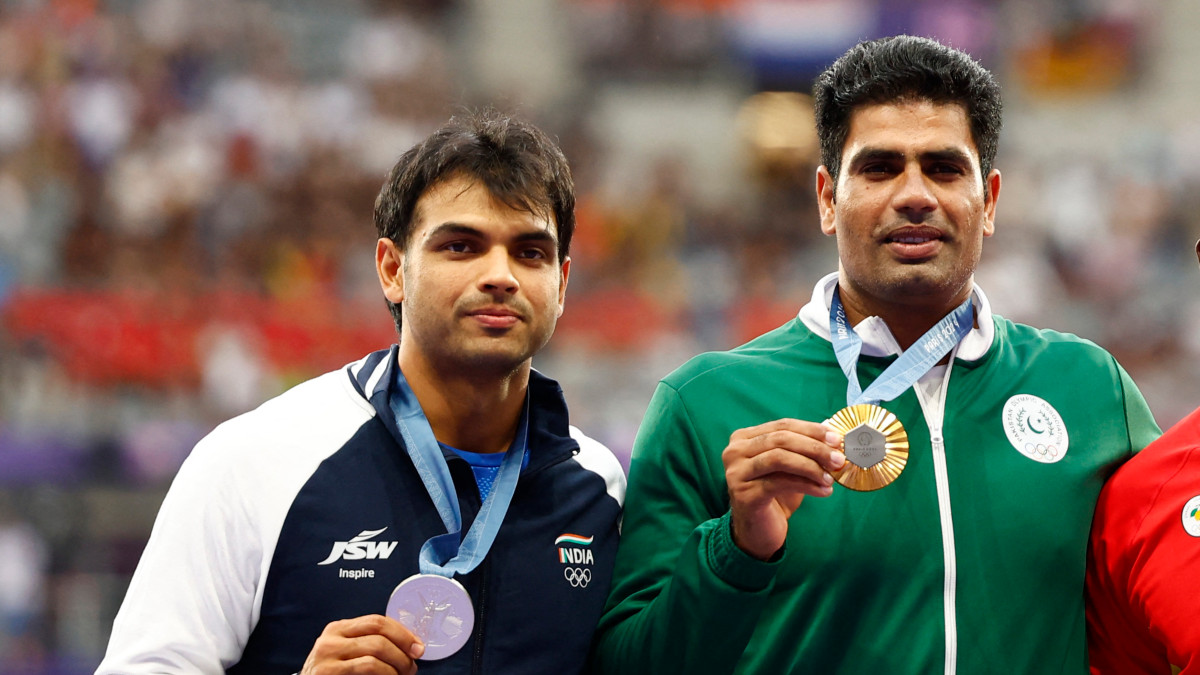Last Updated:
Nepal’s former Foreign Minister Narayan Prakash Saud had admitted that political leaders failed to live up to public expectations.

Nepal’s former Foreign Minister Narayan Prakash Saud. (File)
Days after Nepal’s political landscape was thrown into unprecedented turmoil after Gen Z protests, former Foreign Minister Narayan Prakash Saud had admitted that political leaders failed to live up to public expectations.
“It is transparent that we have not delivered good governance here; we have not been able to fulfil public expectations,” Saud said in an interview with India Today TV.
Recommended Stories
The former minister further said that the KP Sharma Oli government had long ignored warning signs of potential unrest as the youth of Nepal were facing several issues from unemployment to poor economy.
“Because of lack of employment inside the country they were going abroad, and the economic situation is not good. In such a situation we should have paid attention to youth issues and the problems of ordinary people — that was being repeatedly argued inside the party,” he told the news channel.
Saud also acknowledged that protesters were angry about the lavish lifestyles of politicians’ children, whom they mockingly called “nepo kids.”
Additionally, Saud defended the anti-corruption agencies, saying they were more powerful than similar bodies in neighboring countries. However, he admitted that public perception of corruption continued to worsen because people believed these institutions were politically biased and weren’t meeting their expectations.
The former minister also commented on Nepal’s former Chief Justice Sushila Karki’s appointment to lead the interim government, saying it was a measure of necessity. “Personally, I think she is quite capable; if she can hold elections within the stipulated time, the country can come back on track,” he said.
Nepal Unrest
Nepal’s political landscape was thrown into unprecedented turmoil last week, as Prime Minister KP Sharma Oli resigned in the face of a furious and violent youth-led uprising.
The protests led by students appeared to reflect the growing public anger with the Oli dispensation over a range of issues, including a ban on social media and alleged inaction against corruption.
The unrest reached a boiling point with deadly clashes on September 8, when security forces’ response to the protests resulted in at least 19 fatalities. This sparked even greater outrage among demonstrators, predominantly from the digitally native “Gen Z” demographic.
At least 51 people, including an Indian national, died in the recent unrest.
The violence continued even after Oli’s resignation, with protesters setting fire to the Parliament, the President’s office, the prime minister’s residence, government buildings, party offices and homes of senior leaders.
About the Author

Shobhit Gupta is a sub-editor at News18.com and covers India and International news. He is interested in day to day political affairs in India and geopolitics. He earned his BA Journalism (Hons) degree from Ben…Read More
Shobhit Gupta is a sub-editor at News18.com and covers India and International news. He is interested in day to day political affairs in India and geopolitics. He earned his BA Journalism (Hons) degree from Ben… Read More
Kathmandu, Nepal
September 16, 2025, 23:37 IST
Loading comments…
Read More



)